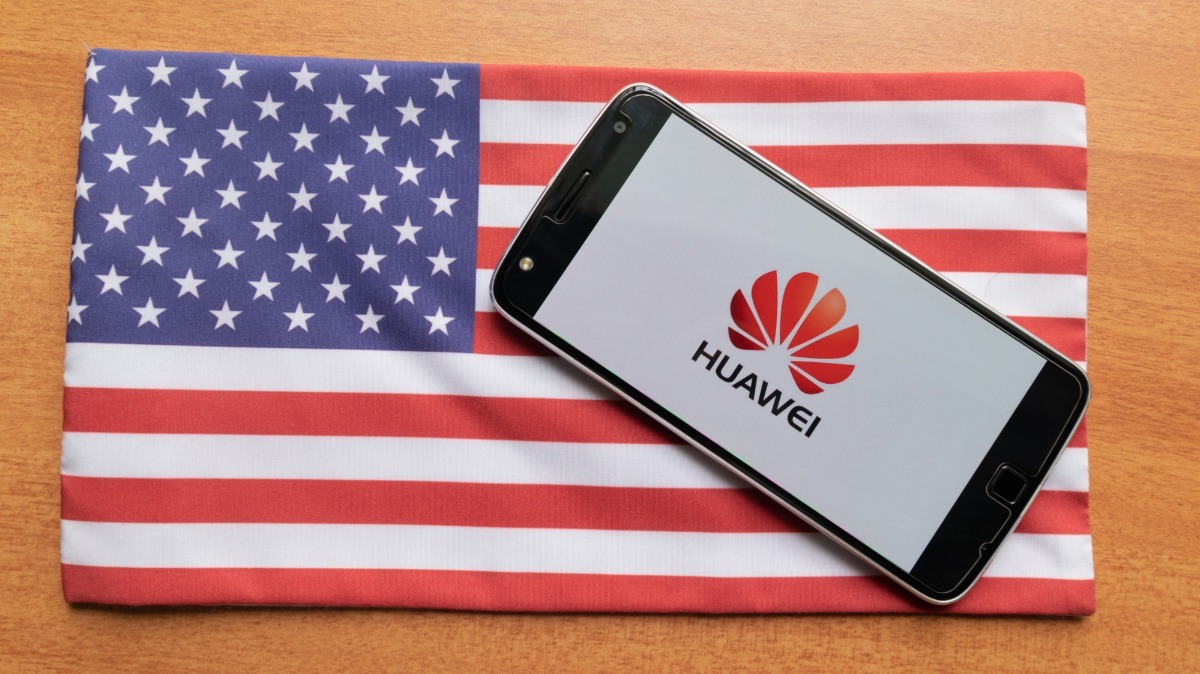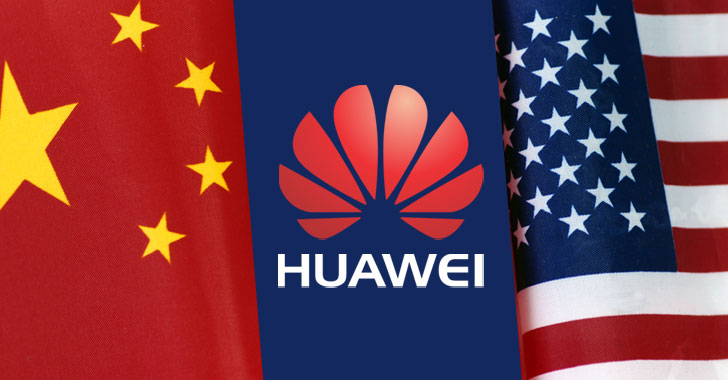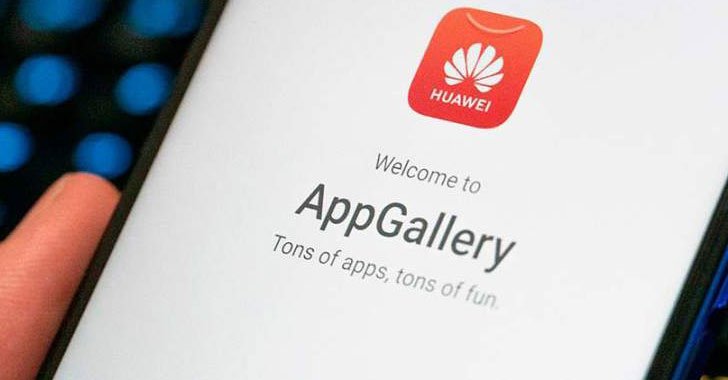The Huawei US ban controversy, which has been going on for the last couple of months, might finally be coming to a standstill soon. It’s now a known secret that the US government will allow the Chinese firm to do business on US soil.
But this perk does bring some twists for Huawei. The company is still going to be on the Entity list, which prevents it from doing business without the government’s approval.
Yesterday, U.S. Commerce Secretary W. L. Ross expressed remarks (via The Verge) on the matter. He confirmed that “Huawei itself remains on the list” and said that the Commerce Department “will issue licenses where there is no threat to U.S. national security.”
However, this doesn’t eliminate the confusion around what products and services are not considered a national security threat and will be allowed. Google is probably the most notable of all companies which were doing business with Huawei. Apparently, it was the first company to cut ties with the Chinese company, leaving its smartphone business in turmoil.
Adding to this, White House economic adviser Larry Kudlow said in a separate event that the licensing guidelines have been relaxed for Huawei, but this would happen for a limited period of time. This leads to the possibility that the ban could be reinstated in the future.
It’s widely assumed that the ban was put in place because of rising tensions between the US and China on the trade front and not mainly because Huawei is being considered a US national security threat.
Anyway, all of this comes after President Trump met with the Chinese President last month at the G20 Summit. He commented that US companies would be permitted to do business with Huawei as an attempt to restore trade talks with the Chinese government.
Huawei employees have links to the Chinese military: study
In other news related to Huawei, UK-based think tank The Henry Jackson Society has claimed that around 100 Huawei employees had links to the Chinese military and intelligence agencies.
The claims were made after the firm analyzed around 25,000 leaked CVs of current or former Huawei employees. These employee records were processed by Christopher Balding and Jackson Society researchers from a trove of 590 million Chinese resumes leaked last year. Balding is an associate professor at Fulbright University in Vietnam and has helped the firm with the study.
It’s even said that some Huawei staffers have previously worked as agents for China’s Ministry of State Security. The study further revealed that some Huawei employees studied at high-profile Chinese military academies and had connections to a Chinese military unit known for cyber attacks against US firms.
According to Business Insider, Huawei has given statements to multiple publications and stood by its earlier stance that the company doesn’t have any ties to the Chinese military or intelligence agencies.
However, the company said it hasn’t been able to verify the “so-called CVs” and added that future research papers shouldn’t draw conclusions on the basis of speculation.
Balding clarified in a blog post that his work was not an exhaustive study and that it was “never intended or designed” as an academic paper.
He said that it’s a common practice for companies to hire ex-military personnel and that doing so simply doesn’t create espionage organizations. He alleges that “when an individual states on their resume that they are the MSS representative and engaged in behavior like information interception, that is work beyond normal corporate work but under the guise of the state.”
“I have shown not just that they have a close link with the PLA, but rather they have specific employees stating they are representatives of the state acting on behalf of the state while working for Huawei.”
Again, these are their words. The only thing I am trying to do is to put this information in the public domain.”
He further said that ideally, this should have taken 6 to 12 months for more comprehensive study, but many countries are making crucial decisions regarding Huawei right now. The trade-off in releasing this information to the country’s lawmakers outweighs the benefits of an in-depth study.
The study might bring some information into the limelight, but it’s clear that it still can’t be considered concrete proof of the allegations made against the company. Still, all of this could possibly add to the tensions Huawei is facing right now.










